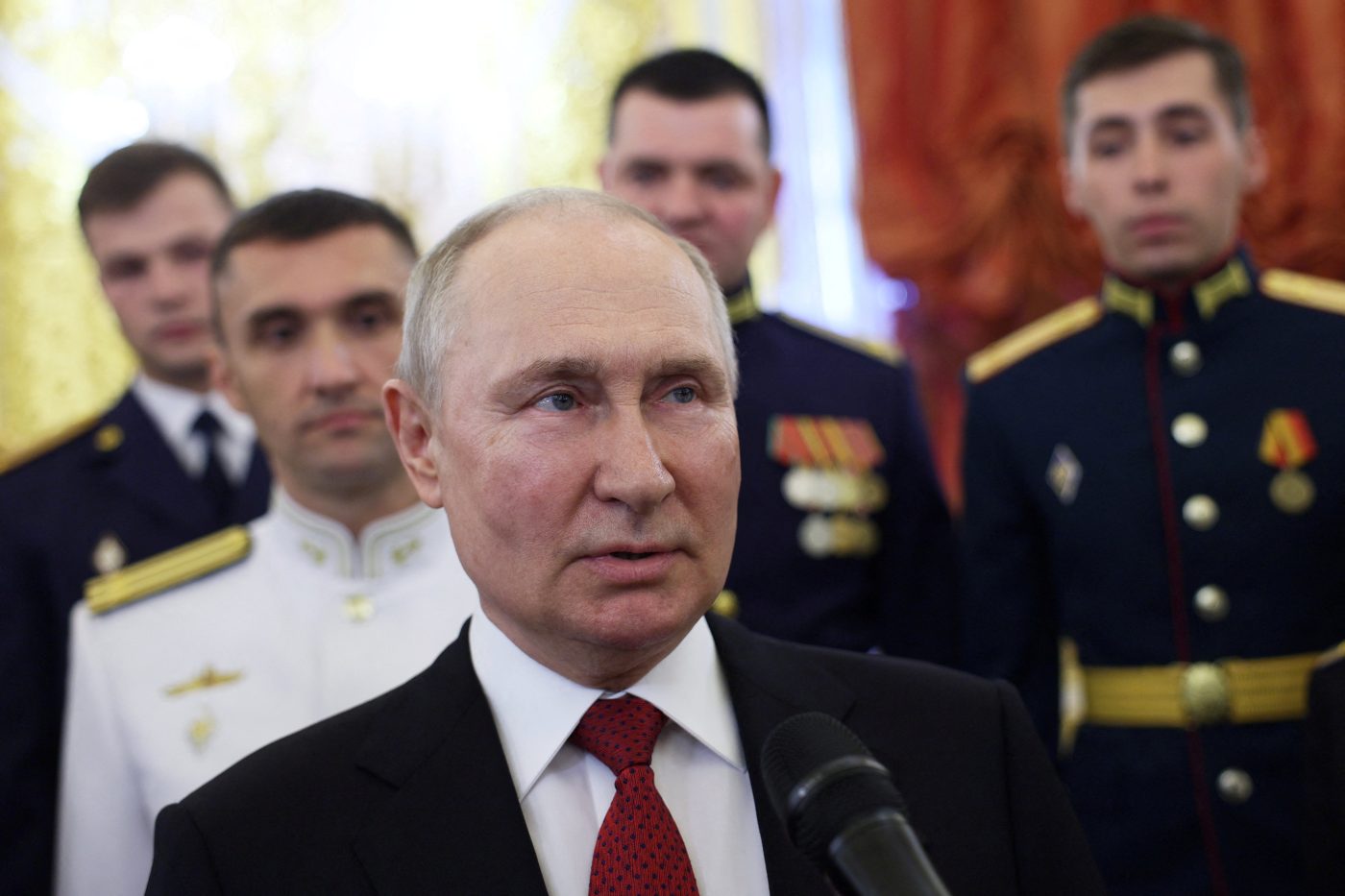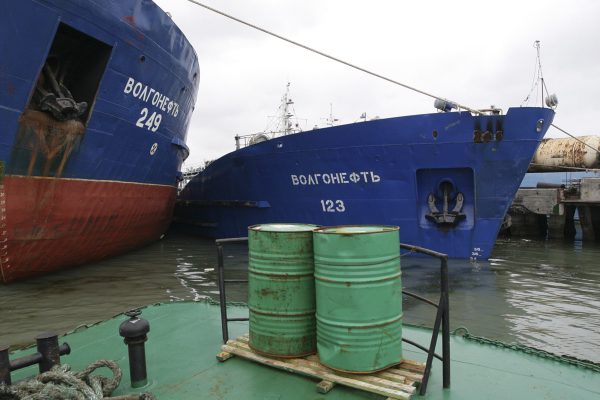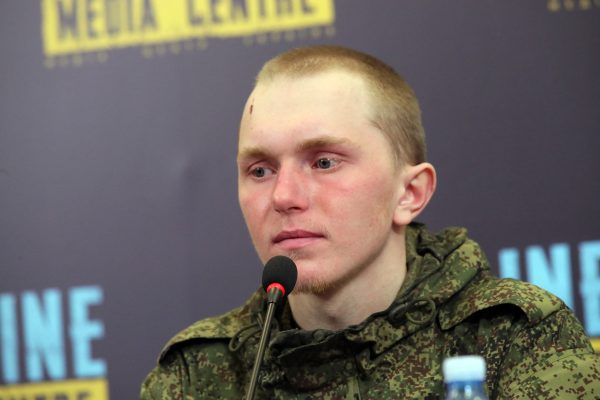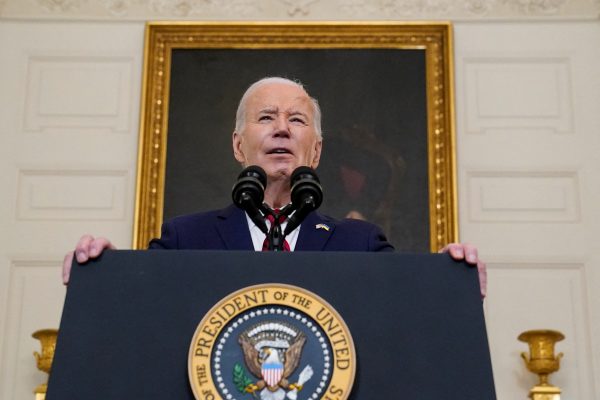Vladimir Putin is the popular and powerful leader of the regime that runs Russia. That, crudely, is how many outsiders regard the top man in the Kremlin. Last week’s events underline how out-of-date it is.
First, strong leaders are not usually the targets of coup attempts. The theory that the Russian authorities decided to let Yevgeny Prigozhin launch his march on Moscow in order to flush out traitors within the regime smacks of desperation. If Putin were firmly in charge, such traitors would not exist. It was also telling that so few heavyweights rallied to Putin’s side. Many regime insiders and other bigwigs seem to have thought that the coup had a chance of succeeding, and waited to see what would happen.
Boris Yeltsin climbed onto a tank to denounce the 1991 coup; Putin cowered in a bunker, his public television appearance belated and panicky. Meanwhile, Prigozhin’s Wagnerites enjoyed a friendly reception from the residents of Rostov. Astonishingly, they apparently regarded the prospect of a murderous, short-tempered ex-gangster coming to power on the shoulders of his private army as no worse than business as usual under their current rulers.
Putin is the author of his own misfortune here. Kremlin propaganda has for years created a fake world in which Russia is wonderful and the outside world a decadent menace. The constant diet of lies spawned an atmosphere of cynicism and apathy. As Anne Applebaum points out in the Atlantic, this succeeded in blunting opposition to Putin’s rule—but at the price of also corroding his own support.
The outlook for Russia is now grim. Prigozhin’s march on Moscow may have failed, but the conditions that fostered it remain. Others will be mulling their chances. Indeed, as I argued in January, Russia’s next civil war has already started. These conflicts are typically messy. They start with episodes of political defiance, shifting to insurrection and then full-scale armed conflict. They end with the losers fizzling into obscurity rather than signing a formal capitulation.
As it deepens, Russia’s civil war is unlikely to be a territorial conflict, as in the fighting that followed the Bolshevik revolution. That was also an ideological contest, between communist Reds and monarchist Whites. This one is between gangsters: feuding clans eager to hold on to their own wealth and perhaps gain assets from their rivals.
In one respect this recalls the 1990s, when oligarchs ruled the roost with formidable private security services who could intimidate and snoop at will. That era ended with Putin’s rise. But the new contenders for power increasingly have full-scale private armies at their disposal. The domestic arms race will now intensify.
Compounding this is the need to find a scapegoat for the disastrous war in Ukraine. Blame is buzzing round Moscow like ball lightning, looking for somewhere to land. The official narrative ascribes all setbacks to Nato’s fiendish ability to support its Nazi protégés in Kyiv. Many pay lip service to this, but few believe it. Putin’s last role in Russian politics may be to carry the can for his mistakes, leaving others to deal with the mess. That could mean his political demise, or just his reduction to a derided figurehead, presiding over a system where real power lies elsewhere.
All this is great news for Ukraine. Those behind the daring cross-border raids of recent weeks may feel encouraged to roam more widely and daringly. The prospects are brightening for the nascent counter-offensive too. The best hope for ending the war is a 1917-style military collapse, in which bad decision-making and military setbacks compound each other, corroding morale, perhaps even catastrophically.
Europe’s Edge is CEPA’s online journal covering critical topics on the foreign policy docket across Europe and North America. All opinions are those of the author and do not necessarily represent the position or views of the institutions they represent or the Center for European Policy Analysis.





